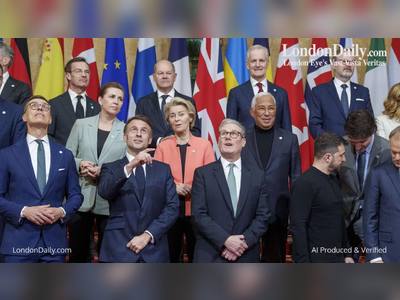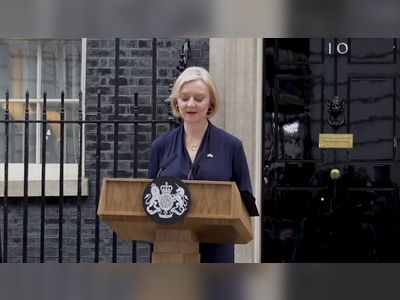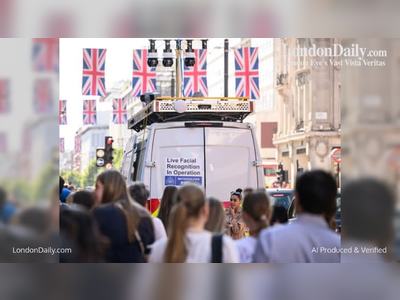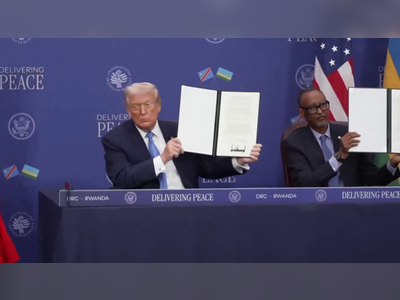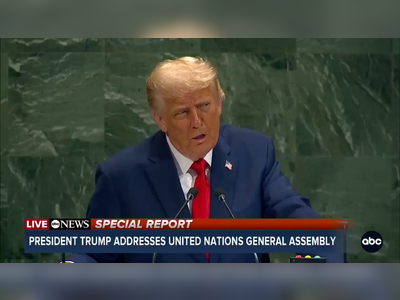UK Government Turns to Denmark-Style Immigration Reforms to Overhaul Border Rules
Home Secretary Shabana Mahmood to model UK asylum and family-reunion measures on Danish system later this month
The United Kingdom government is preparing to adopt a suite of immigration reforms drawing on Denmark’s tough-line approach, with Home Secretary Shabana Mahmood set to present major changes later this month.
Among the elements under consideration are tighter rules on family reunion, shorter or temporary asylum stays and expanded powers to remove individuals without legal right to remain.
Officials from the Home Office travelled to Copenhagen in recent weeks to examine elements of Denmark’s immigration system, including its policy of granting most refugees only temporary protection and its significantly restricted criteria for family reunion, which include a minimum partner age of 24, financial guarantees and Danish-language testing.
In Denmark, people living in housing estates designated as “parallel societies” — defined by a non-Western-resident share over 50 per cent — are ineligible for family-reunion rights.
That feature is also under examination by UK officials.
While the UK is unlikely to replicate the full Danish model, sources say the new UK measures will move in a similar direction.
The Home Office is exploring changes such as extending the time a refugee must wait before sponsoring a family member, increasing financial and language-testing requirements, and limiting reunion to more integrated applicants.
A pause on new family reunion cases was enacted on 1 September 2025, pending the rule-making process.
Some Labour-Party MPs express concern about the shift, describing the proposed measures as a “hard-core” adoption of Danish practices and warning that they reflect far-right rhetoric.
Others within the party say the model offers the means to regain public trust in immigration control and close the gap to Reform UK in working-class constituencies.
Denmark’s Minister for Immigration and Integration, Rasmus Stoklund, said Copenhagen had made it “quite difficult to have family reunification” and emphasised that “we return more people back home” when criminality is involved.
He welcomed the possibility of co-operation with the United Kingdom.
Analysts caution that the Danish model — which ranks lowest in Europe for family-reunification access — may be difficult to transplant into the UK’s broader legal and institutional framework.
The reforms form part of the government’s White Paper “Restoring Control over the Immigration System”, published in May 2025, which commits to fewer arrivals, stronger enforcement and a greater emphasis on integration and contribution.
As the UK prepares to announce its changes, attention now turns to whether the policy shift will balance humanitarian obligations, labour-market needs and public concerns about migration.
Among the elements under consideration are tighter rules on family reunion, shorter or temporary asylum stays and expanded powers to remove individuals without legal right to remain.
Officials from the Home Office travelled to Copenhagen in recent weeks to examine elements of Denmark’s immigration system, including its policy of granting most refugees only temporary protection and its significantly restricted criteria for family reunion, which include a minimum partner age of 24, financial guarantees and Danish-language testing.
In Denmark, people living in housing estates designated as “parallel societies” — defined by a non-Western-resident share over 50 per cent — are ineligible for family-reunion rights.
That feature is also under examination by UK officials.
While the UK is unlikely to replicate the full Danish model, sources say the new UK measures will move in a similar direction.
The Home Office is exploring changes such as extending the time a refugee must wait before sponsoring a family member, increasing financial and language-testing requirements, and limiting reunion to more integrated applicants.
A pause on new family reunion cases was enacted on 1 September 2025, pending the rule-making process.
Some Labour-Party MPs express concern about the shift, describing the proposed measures as a “hard-core” adoption of Danish practices and warning that they reflect far-right rhetoric.
Others within the party say the model offers the means to regain public trust in immigration control and close the gap to Reform UK in working-class constituencies.
Denmark’s Minister for Immigration and Integration, Rasmus Stoklund, said Copenhagen had made it “quite difficult to have family reunification” and emphasised that “we return more people back home” when criminality is involved.
He welcomed the possibility of co-operation with the United Kingdom.
Analysts caution that the Danish model — which ranks lowest in Europe for family-reunification access — may be difficult to transplant into the UK’s broader legal and institutional framework.
The reforms form part of the government’s White Paper “Restoring Control over the Immigration System”, published in May 2025, which commits to fewer arrivals, stronger enforcement and a greater emphasis on integration and contribution.
As the UK prepares to announce its changes, attention now turns to whether the policy shift will balance humanitarian obligations, labour-market needs and public concerns about migration.


